Your pillow does more than just support your head; it plays an important role in how well you sleep. Choosing the best pillow is just as important as choosing the best mattress. It shapes how well you rest and how you feel in the morning. The right pillow keeps your neck aligned, your muscles relaxed, and your sleep deep and uninterrupted. If you’ve been waking up with a stiff neck or sore shoulders, your pillow might be the problem.
Using the wrong pillow can leave you tossing and turning all night, constantly trying to get comfortable. With the right pillow, you’ll wake up refreshed instead of achy. Let’s go over what you need to know on how to choose the best pillow that fits your sleep needs.
1. Pick a Pillow Based on Your Sleep Position

Your sleep position determines what kind of support your head and neck need. A pillow that works great for one person might be a nightmare for someone else. Here’s what to consider:
Back Sleepers
You need a medium loft pillow, something that isn’t too thick or too thin. A back sleeper pillow made from memory foam or latex is a great choice because it contours to your head and neck, providing support where you need it. A pillow with a slight curve can also help maintain proper spinal alignment, making sure you wake up feeling refreshed rather than stiff.
Side Sleepers
Look for a higher loft pillow to keep your head aligned with your spine. A firm side sleeper pillow is ideal because it prevents your head from sinking too far, which can strain your neck. If you need extra support, a contoured or adjustable pillow can provide better alignment and comfort throughout the night.
Stomach Sleepers
A low-loft, soft stomach sleeper pillow is the best choice for stomach sleepers. Anything too thick can strain your neck and cause discomfort. Some stomach sleepers find they sleep better with no pillow at all under their head but prefer placing one under their hips for added support and better spinal alignment.
2. Things to Consider When Choosing a Pillow

Once you know your sleep position, think about these factors to find the perfect bed pillow.
Pillow Materials
Different pillow materials offer different levels of support and comfort.
- Memory Foam: Molds to your shape, great for pressure relief. Memory foam pillows are a popular choice because they contour to the shape of your head and neck
- Latex: More responsive than memory foam, cooler, and long-lasting. The natural elasticity of latex also ensures that the pillow maintains its shape over time.
- Down: Soft and fluffy but may not give enough support for some sleepers. These tend to be less expensive while offering that plush feel that down is loved for.
Firmness Levels
- Soft: Best for stomach sleepers who need minimal support.
- Medium: Works well for back sleepers.
- Firm: Ideal for side sleepers needing more structure.
Cooling Features
If you tend to sleep hot, a cooling pillow with a breathable fabric or ventilated latex can help keep you comfortable through the night.
Hypoallergenic Options
Suffer from allergies? Look for pillows made from hypoallergenic materials like latex or microfiber.
3. Special Pillow Types for Extra Comfort
Sometimes, a standard pillow isn’t enough. If you have specific issues like neck pain, snoring, or discomfort, one of these might be a better fit:
- Orthopedic Pillows: Designed to support the neck and promote proper spinal alignment.
- Contoured Pillows: Help with neck pain and reduce pressure points.
- Adjustable Pillows: An adjustable pillow lets you add or remove filling to customize the firmness and height.
Final Thoughts
Your pillow is a part of how well you sleep. The right one supports your neck, keeps your spine aligned, and helps you wake up feeling rested instead of sore. Take a little time to figure out what works best for you, and you’ll be surprised how much better you feel in the morning.
If you're looking for high-quality pillows, Blissful Nights offers some of the best pillows for sale, designed to meet a variety of sleep needs and preferences.
FAQs
How do I know if my pillow is bad for me?
If you wake up with neck pain, headaches, or stiffness, your pillow might not be giving you the right support. A flattened or lumpy pillow is also a sign it’s time for a new one.
Can the wrong pillow cause sleep problems?
Absolutely. A bad pillow can throw your spine out of alignment, leading to discomfort and restlessness. If you’re constantly adjusting your pillow at night, it’s probably not the right one.
How often should I replace my pillow?
Most pillows should be replaced every 1-2 years. If yours has lost its shape or feels uncomfortable, it’s time to get a new one.
Are expensive pillows worth it?
Not always. Price doesn’t guarantee comfort. What matters most is finding a pillow that supports your sleep style and feels comfortable to you.
How do I clean my pillow?
Some pillows are machine washable, while others need to be spot cleaned or dry cleaned. Always check the care label to avoid ruining your pillow.











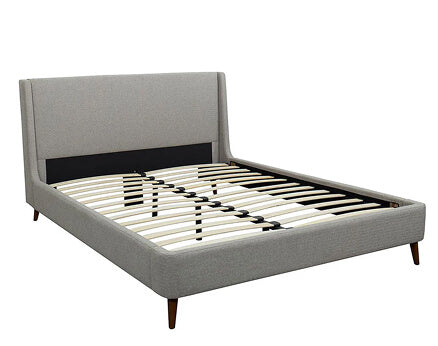
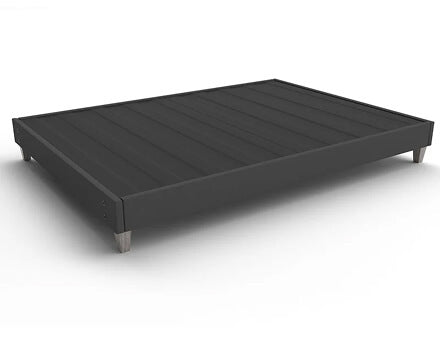
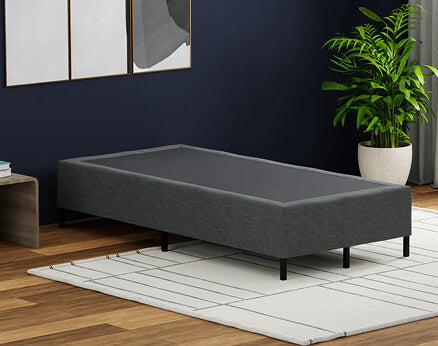

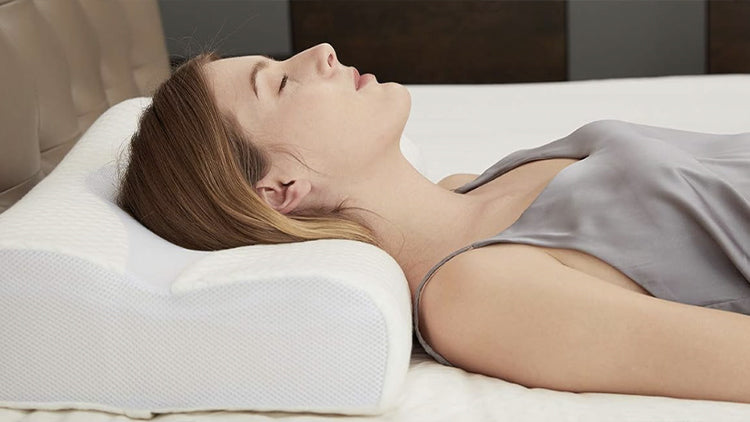

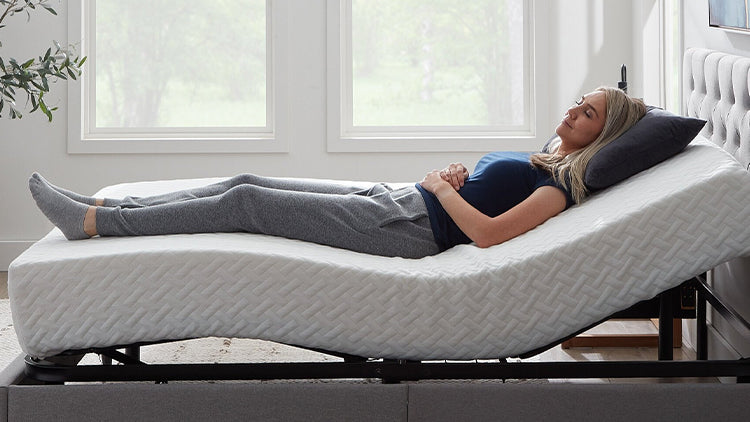
Leave a comment
This site is protected by hCaptcha and the hCaptcha Privacy Policy and Terms of Service apply.